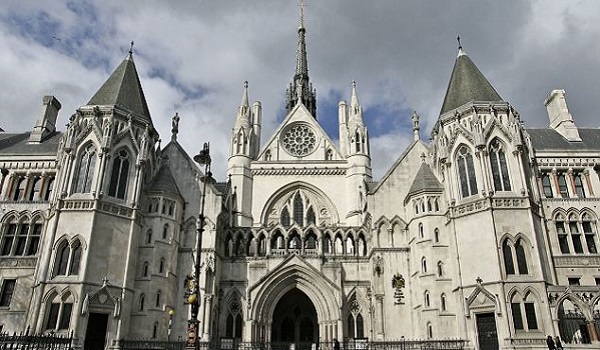Prospective police officers must disclose childhood convictions, Court of Appeal rules
Would-be police officers are required to disclose all convictions and cautions, including those they received as a child, the Court of Appeal has ruled.
This disclosure is “necessary in a democratic society for the prevention of disorder or crime or for the rights and freedoms of others”, three senior judges found.
The ruling follows a High Court case in 2017 involving a woman who won a legal challenge after she was rejected for a job as a service support officer with South Wales Police due to being given a formal reprimand for stealing a £20 sarong from Primark at the age of 13.
Two High Court judges found that the rejection of her job application due to the police reprimand was unlawful, not only because she should not have been asked about reprimands when applying for a job as a support officer, but also because it could preclude her from seeking a role as a constable or cadet within the police service, the Court of Appeal ruling says.
As part of their judgment, the High Court judges made a declaration that regulations which require aspiring police constables to disclose spent convictions and cautions were incompatible with human rights laws, to the extent that they require them to disclose what were described as “low-level, historical cautions”.
The High Court granted the Government permission to appeal against the declaration, but also ordered that the declaration should not take effect until after a Supreme Court appeal on similar issues had been heard. That has now concluded.
In the Court of Appeal ruling on Tuesday (October 20), Lord Justice Males, sitting with Lord Justice Underhill and Lord Justice Stuart-Smith, said the issue before them was only whether legislation requiring someone applying for a position as a police constable to disclose any reprimand received as a child, regardless of the circumstances, is compatible with the European Convention on Human Rights (ECHR).
He said they were not considering the use to which this information may be put when an application is being assessed.
Allowing the appeal, the judge concluded that the requirement for full disclosure by potential police constables of all convictions and cautions, including those received as a child, “is in accordance with the law” within the meaning of the ECHR and “that it is necessary in a democratic society for the prevention of disorder or crime or for the protection of the rights or freedoms of others”.
Lord Justice Males noted: “It will be particularly important that police recruitment material, and especially any form which applicants must complete, makes clear that a reprimand received as a child is not an automatic disqualification for appointment as a constable and that all the circumstances of any reprimand will be taken into account fairly in assessing any application.
“That is necessary to counteract as far as possible any chilling effect on applications which the requirement to disclose may have.
“It is all the more important in view of the disproportionate number of reprimands issued to BAME (black, Asian and minority ethnic) children when compared to the population as a whole and the impact which the requirement of full disclosure may have on the vital social objective of recruiting a more diverse police force which commands the confidence of all sections of society.”







